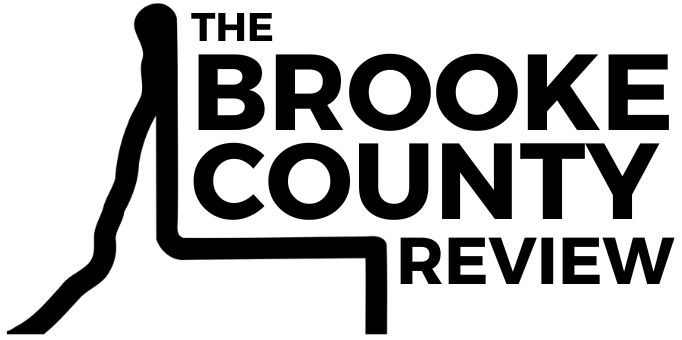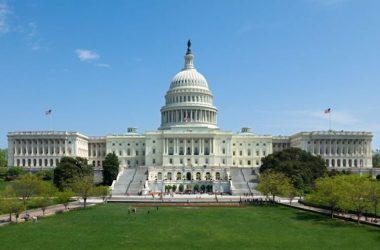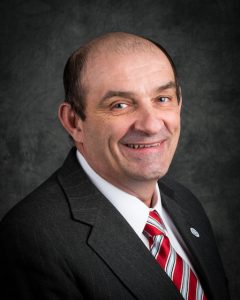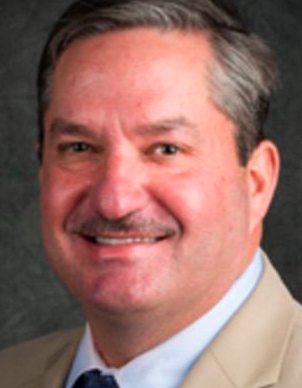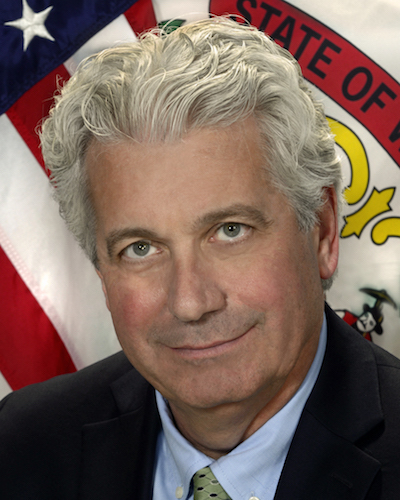Senator Randy Smith: ‘… the Governor is a hypocrite’
By Matt Young, WV Press Association
CHARLESTON, W.Va. – “I can tell you first hand that the governor is a hypocrite.”
That’s what Senator Randy Smith, R-Tucker, told W.Va. Revenue Secretary Dave Hardy on Tuesday, during a contentious meeting of the Senate Finance Committee.
For the second consecutive day, the committee reviewed budget proposals from various governmental-departments, including the State Treasurer’s office and the W.Va. Department of Environmental Protection.
Hardy, along with Deputy Revenue Secretary Mark Muchow, were on-hand to speak regarding the Executive budget.
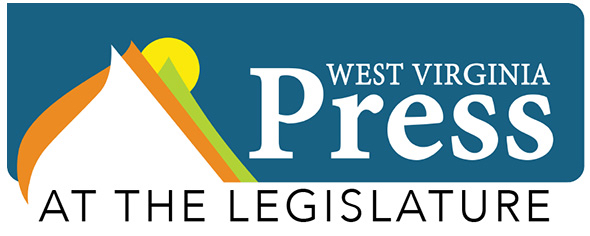
At the conclusion of Mandirola’s presentation, Revenue Secretary Hardy – appearing before the committee to speak on behalf of Gov. Jim Justice’s upcoming budget proposal – fielded several pointed questions from committee members regarding the governor’s proposed personal income tax (PIT) reduction plan.
Senator Rupie Phillips, R-Logan, took exception with the tax-reduction plan, telling Hardy, “When you were down in Logan, you made the comment that ‘Amendment 2 was a complete trainwreck – a con.’”
“You said it (Amendment 2) would cost the people $600 million,” Phillips continued. “But now, just 50% (proposed PIT reduction) is $1.2 billion. I don’t get your math – that’s phony math is what I’m seeing.”
“Number one, the voters spoke very clearly on Amendment 2,” Hardy replied. “Let me tell you the estimate of what the PIT cut will cost…”
“I don’t want to talk about Amendment 2,” Phillips interrupted. “You come down to Logan and basically called us crooks, and I’m offended.”
“I’m sorry you’re offended,” Hardy said. “But the voters spoke very clearly on Amendment 2. Let’s talk about the PIT cut.”
“The PIT cut will cost about $163 million,” Hardy continued, this time uninterrupted. “Our budget does not require one dime of base-building. What we’re proposing is that we reduce the revenues in FY 2024, by our estimate of $1.085 billion. $700 million in the same budget will be set aside in a reserve fund. We project that we would still have a $131 million surplus if the FY 2024 budget stays essentially flat, which is what we propose.”
“You have to have a commitment from the governor and this legislature – because everybody has got to work together – that the base budget will not increase beyond 3.5% a year,” Hardy added. “If those things happen, we can afford that (PIT) cut.”
“In other words, we could have afforded Amendment 2,” Phillips said.
After several more moments of debate with Phillips, Hardy said, “I thought you didn’t want to talk about Amendment 2.”
“I’m just trying to figure out why we couldn’t do Amendment 2, but we can do this,” Phillips noted, to which Hardy replied, “I gave you my answer – you were going to (with Amendment 2) raise our base budget by 10% from now on.”
When it was Senator Smith’s turn to question Hardy, he began by reminiscing on being in office when the state’s finances were “$500 million in the red,” before adding, “I never want to go through that again.”
“We took a beating, even from our own governor (Justice),” Smith continued. “I was there when he dumped cow manure on our budget because we made cuts instead of raising taxes. My concern is that most of our income comes from the PIT. We’re elected to be fiscally responsible, and it worries me that if we make a 50% cut on our PIT, and all the other things go south like it did before, then he’s (Justice) going to be gone.”
“Does this worry him, or any of his advisors?” Smith asked. “Does this worry you?”
“I’ve been totally transparent with you here today,” Hardy replied. “We feel that we have a good handle on the numbers, we try to look for trends, and we try to look for patterns. The patterns right now are really good.”
“I wish we could reduce it 100% today,” Smith countered. “But something I can’t wrap my hands around is, just this summer, he (Justice) called a special session for a 10% reduction. Then he announced he’s running for U.S. Senate and comes out at the State of the State and recommends a 50% (reduction). What was the change of heart? He wasn’t even for the 10% last session when the House had the bill. Doesn’t that make him a hypocrite?”
“I can tell you first hand that the governor is a hypocrite,” Smith added.
Gov. Justice’s budget request for FY 2024 is $4.443 billion, which represents an increase of $248 million over FY 2023.
State Treasurer Riley Moore, who delivered the first presentation of the nearly four-hour meeting, told the committee that there were “no real surprises” within his budget proposal for the upcoming year.
“It’s pretty straightforward,” Moore noted. “It’s a flat budget, as it has been in the previous year.”
According to Moore, the Treasurer’s office manages approximately $20 billion in state revenue, adding that, “Cash management is a big part of that.”
Moore cited the implementation of both a new statewide merchant services program and the WV Security for Public Deposits Act as being department-highlights of the current fiscal year. Moore further reported that $18.6 million in unclaimed property was returned to its rightful owner in fiscal year (FY) 2022.
Moore’s total budget request for the upcoming fiscal year is $3.514 million.
Next to present was Scott Mandirola, deputy secretary of the W.Va. Department of Environmental Protection (WVDEP), who began with a brief explanation of his department’s purpose.
“Our government has a fundamental responsibility to provide and maintain a healthful environment consistent with the benefits to be derived from strong agriculture, manufacturing, tourism, and energy producing industries,” Mandirola said. “Our mission is to effectively and efficiently carry out our state’s environmental laws and regulations that are designed to provide and maintain a healthful environment.”
Mandirola explained that the WVDEP funds its programs through the fees collected from state-regulated industries; one example being the permit fees for horizontal well drilling. According to Mandirola, “This fee must support the regulatory oversight of these wells into perpetuity.”
Mandirola then advised the committee that the WVDEP is currently struggling to fund its Office of Homeland Security and Emergency Response (HSER), noting, “We are concerned about providing a consistent and sustainable source of funding for the operation of this unit.” The HSER is tasked with the resolution of environmental hazards such as chemical spills, and large-in-scope fires.
Rather than requesting additional funding, Mandirola explained, the WVDEP is requesting that the appropriation earmarked as “meth lab cleanup” be reallocated for use in “multiple types of environmental cleanup.”
At $6.586 million, the WVDEP’s FY 2024 budget request remains the same as in FY 2023.
